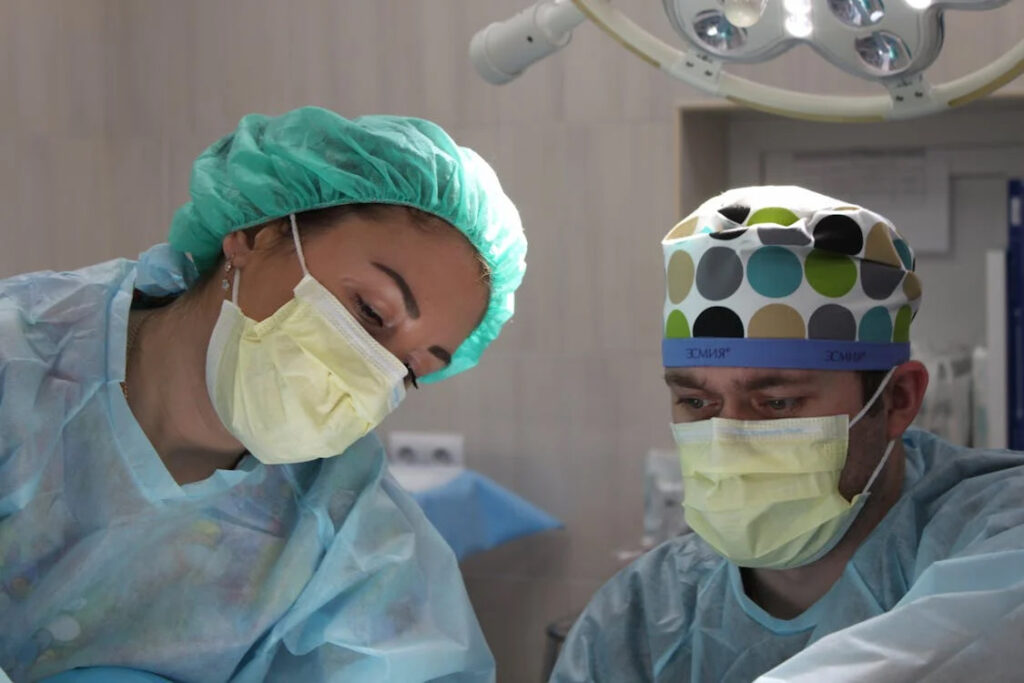From Test Scores to Treatment Plans: Assessing AI’s Role in Healthcare
Artificial intelligence (AI) has quickly advanced into many fields, including healthcare, where its ability to transform diagnosis and treatment approaches is both exciting and controversial. The medical community and technology experts are driven to investigate the pragmatic consequences of implementing these technologies in clinical settings as large language models (LLMs) like ChatGPT and others start to show capabilities that challenge human expertise in particular areas, such passing medical exams. Examining its possibilities, difficulties, and critical viewpoints from recent studies on its application in daily clinical practice, this paper explores the current situation of artificial intelligence in healthcare.
Diagnostic Capabilities of AI in Medicine

Large language models have shown remarkable success in academic environments, often passing standardized medical exams with high marks. These AI systems are trained on vast datasets, allowing them to process and recall information with speed and accuracy that can outperform human counterparts under test conditions. However, translating these test-taking capabilities into real-world medical diagnostics involves additional layers of complexity, including judgment calls, ethical considerations, and interpersonal patient dynamics, where AI significantly lags behind human doctors.
AI in Clinical Practice: A Reality Check
Recent studies, such as the one conducted by the Technical University of Munich (TUM), reveal that while AI can mimic certain diagnostic procedures, it falls short in critical areas necessary for clinical reliability. AI systems often fail to adhere to established medical guidelines, make hasty or inaccurate diagnoses, and suggest treatments that could harm patients. These findings highlight a significant gap between AI’s theoretical knowledge and its practical application, underscoring the dangers of unsupervised AI deployment in sensitive areas like healthcare.
Comparing AI with Human Medical Professionals
The TUM study provided a direct comparison between AI-generated diagnoses and those made by human doctors using the same sets of anonymized patient data. The results were telling: human doctors consistently outperformed AI, making correct diagnoses with significantly higher accuracy. Furthermore, AI’s performance varied widely depending on the disease, with particularly poor results in complex cases that required nuanced understanding of symptoms and patient history, areas where human doctors excel due to their training and experience.
Ethical and Operational Implications
Including artificial intelligence into healthcare begs several practical and ethical concerns. Dependency on artificial intelligence for diagnostic reasons runs the danger of misdiagnoses and unsuitable therapies, therefore compromising patient safety and erasing confidence in doctors. Furthermore, the use of private artificial intelligence models in healthcare raises questions around responsibility and openness as these models may function as “black boxes” with minimal outside control or knowledge of how choices are taken.
Although artificial intelligence has great potential to improve medical practitioners’ productivity and support in their field of work, the path from test results to treatment recommendations is difficult. According to the present scene of artificial intelligence in medicine, these technologies are more suited as supporting aids than as substitutes for human doctors. Reliable, safe, transparent AI systems call for constant research, thorough testing, and careful integration strategy. Keeping patient welfare first in technology innovation in healthcare, the medical community, technologists, and regulators must work closely going ahead to properly and ethically harness the promise of artificial intelligence.

